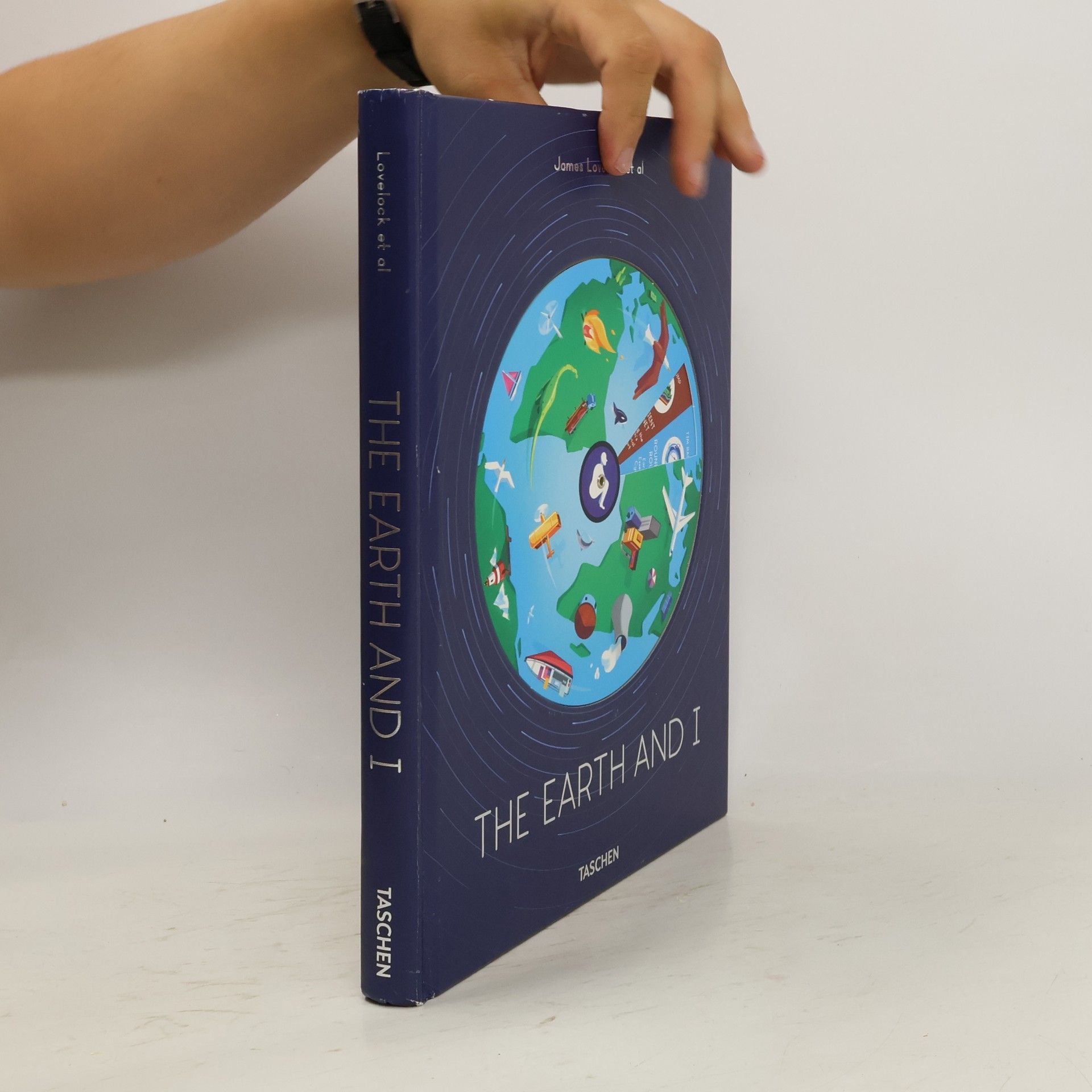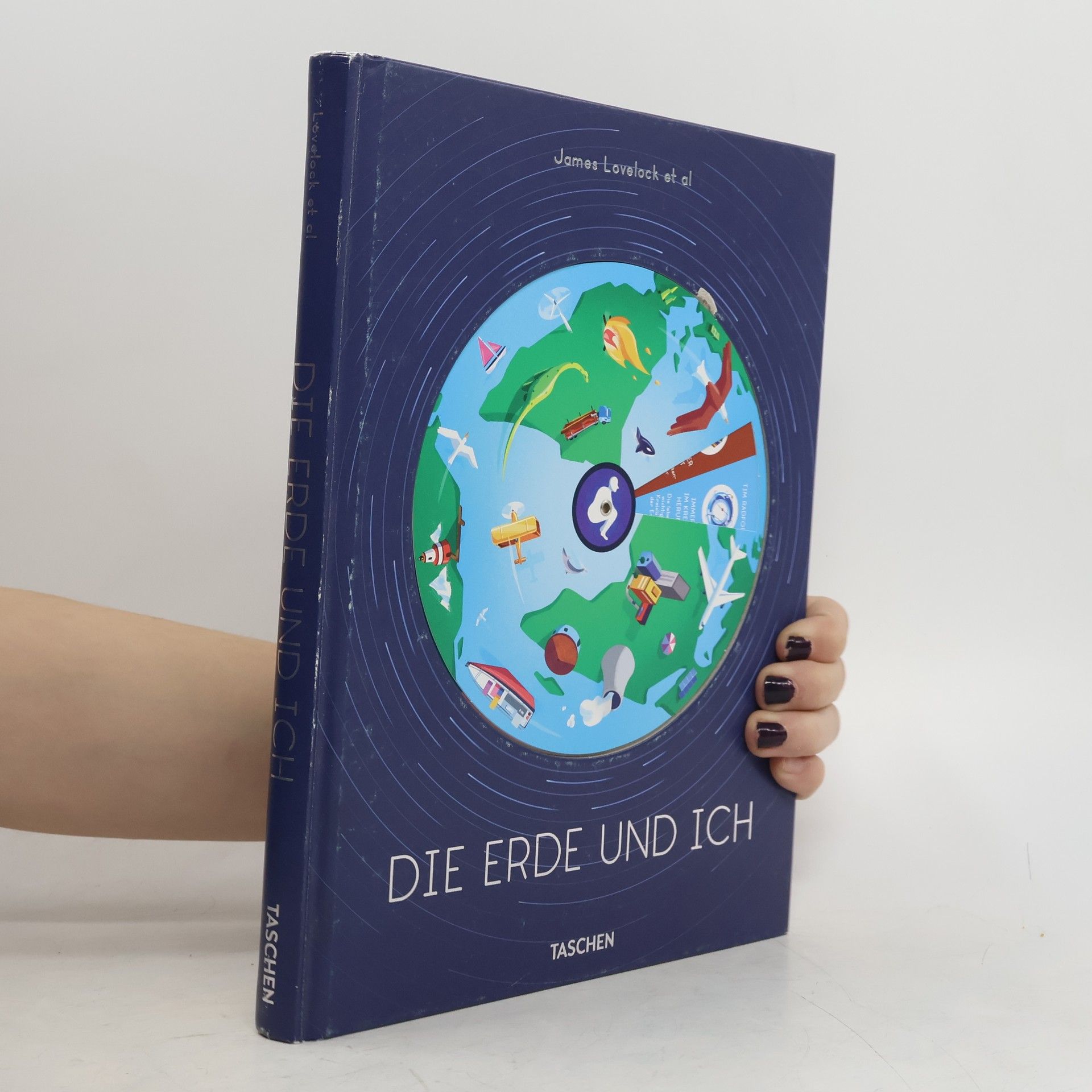A richly illustrated collection of essays on earth and human science from 12 of today's leading thinkers. From stars to cells, quantum theory to capitalism, ancient fossils to Artificial Intelligence, this book delivers a holistic understanding of our planet and is a trusted tool kit for an informed and enlightened future.
James Lovelock Book order (chronological)

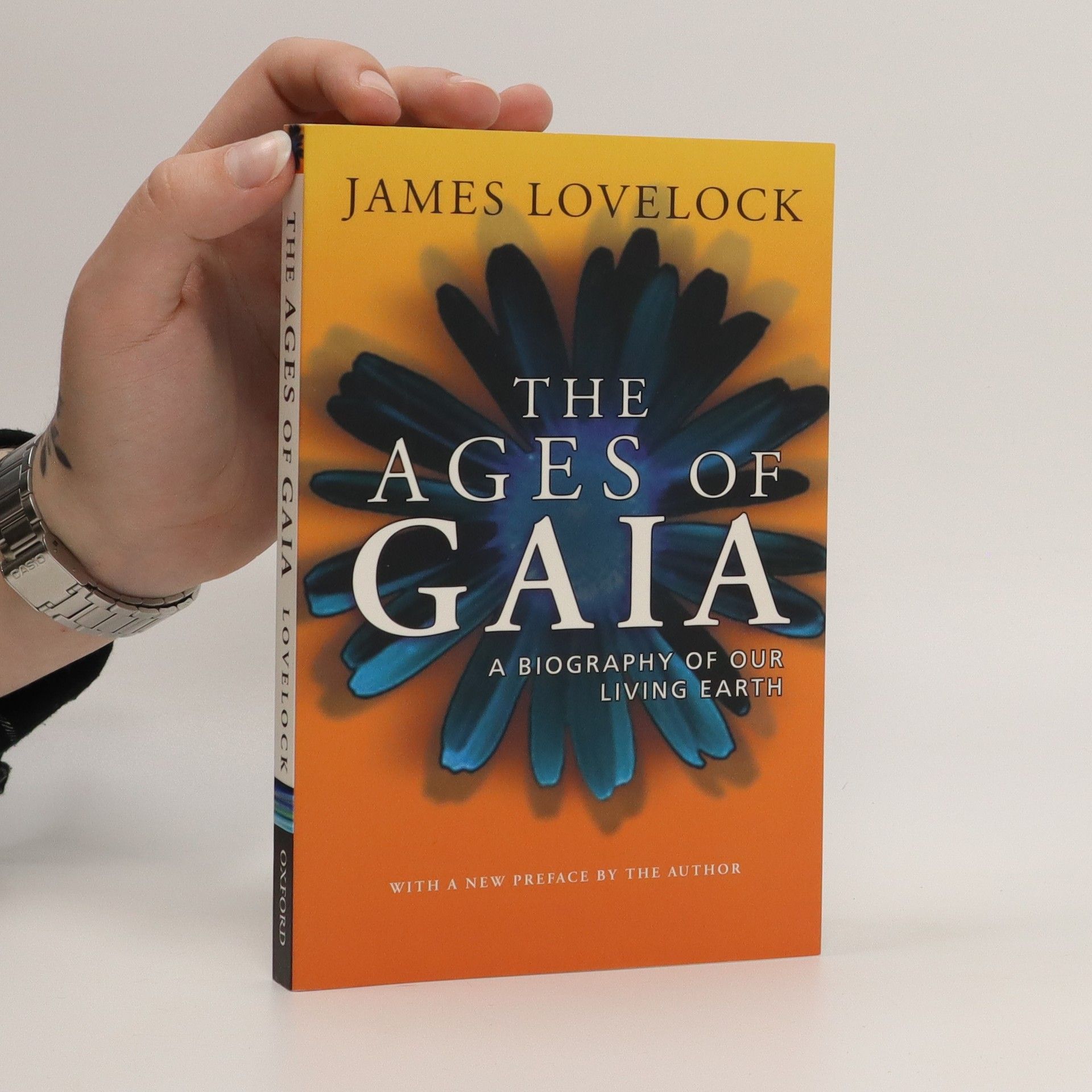
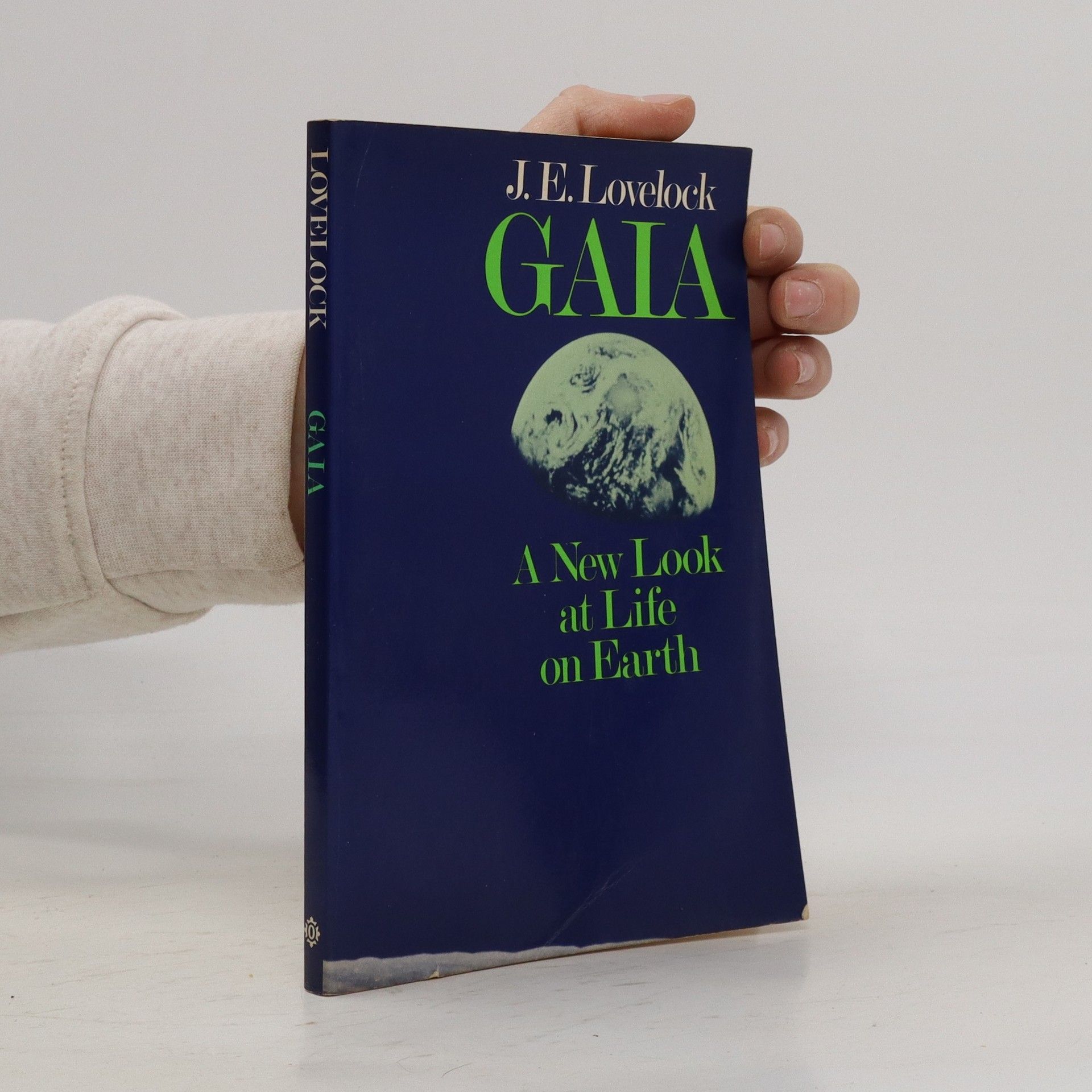

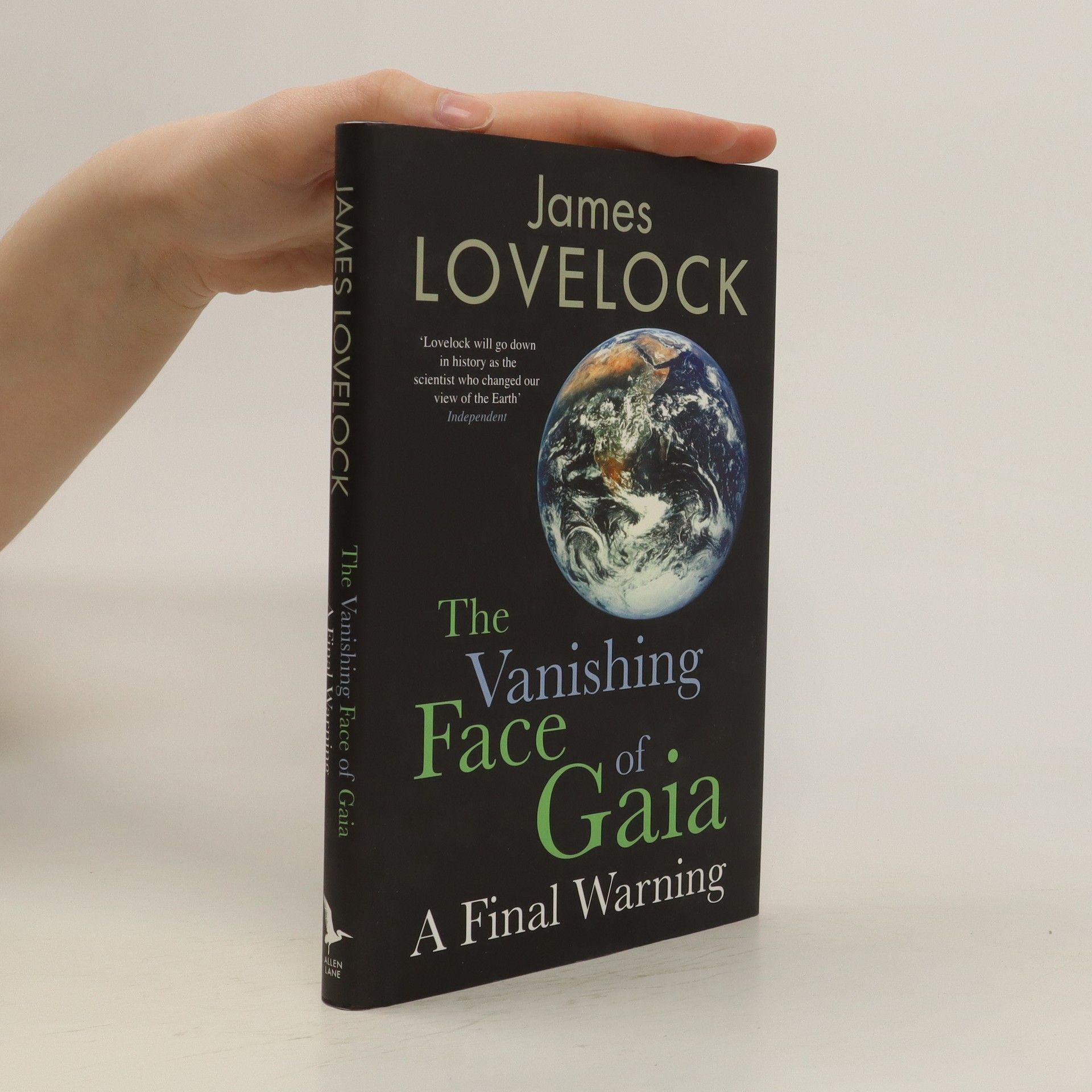
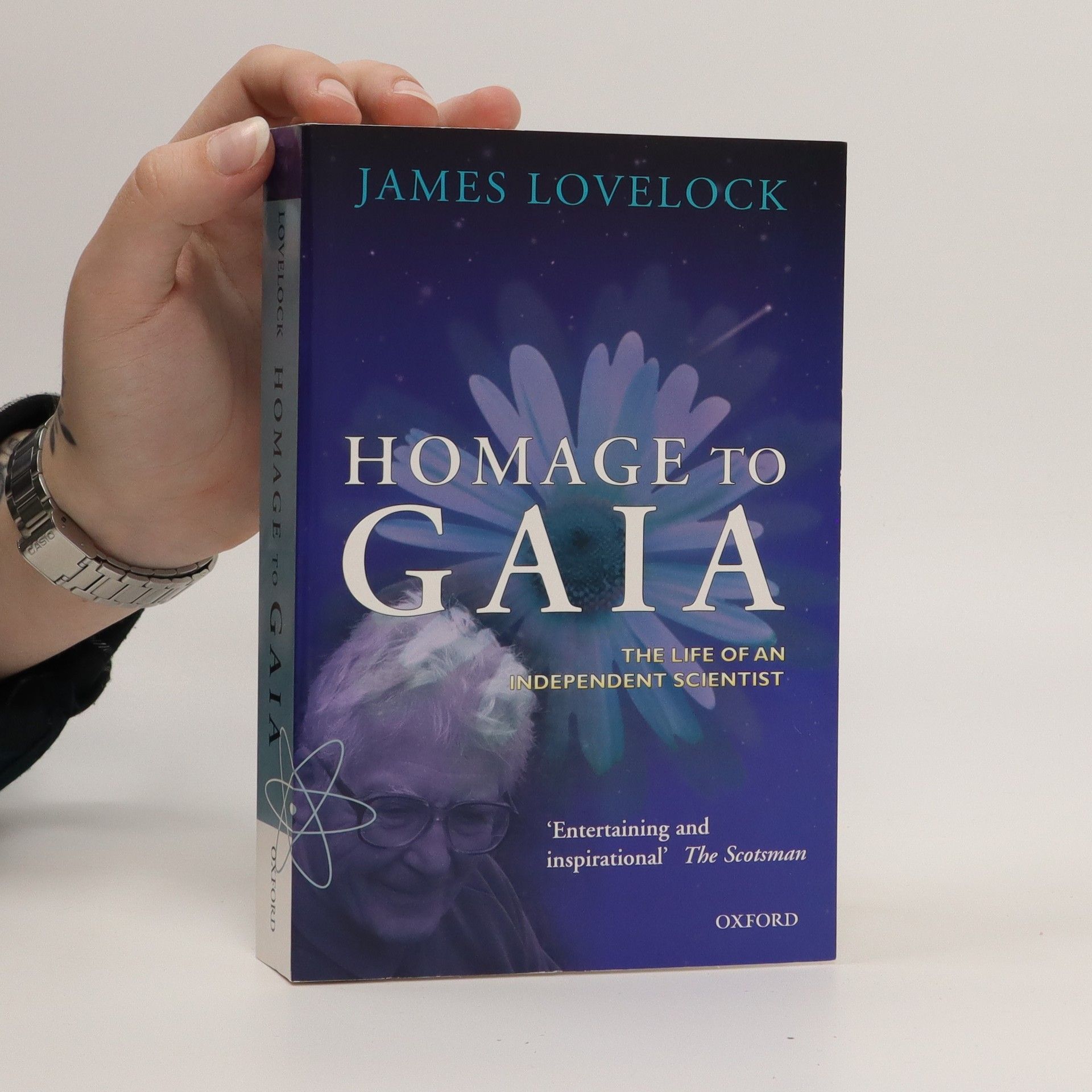

In twenty short books, Penguin brings you the classics of the environmental movement. James Lovelock's We Belong to Gaia draws on decades of wisdom to lay out the history of our remarkable planet, to show that it is not ours to be exploited - and warns us that it is fighting back. Over the past 75 years, a new canon has emerged. As life on Earth has become irrevocably altered by humans, visionary thinkers around the world have raised their voices to defend the planet, and affirm our place at the heart of its restoration. Their words have endured through the decades, becoming the classics of a movement. Together, these books show the richness of environmental thought, and point the way to a fairer, saner, greener world.
James Lovelock, creator of the Gaia hypothesis and the greatest environmental thinker of our time, has produced an astounding new theory about future of life on Earth. He argues that the anthropocene - the age in which humans acquired planetary-scale technologies - is, after 300 years, coming to an end. A new age - the novacene - has already begun. New beings will emerge from existing artificial intelligence systems. They will think 10,000 times faster than we do and they will regard us as we now regard plants - as desperately slow acting and thinking creatures. But this will not be the cruel, violent machine takeover of the planet imagined by sci-fi writers and film-makers. These hyper-intelligent beings will be as dependent on the health of the planet as we are. They will need the planetary cooling system of Gaia to defend them from the increasing heat of the sun as much as we do. And Gaia depends on organic life. We will be partners in this project. It is crucial, Lovelock argues, that the intelligence of Earth survives and prospers. He does not think there are intelligent aliens, so we are the only beings capable of understanding the cosmos. Maybe, he speculates, the novacene could even be the beginning of a process that will finally lead to intelligence suffusing the entire cosmos. At the age 100, James Lovelock has produced the most important and compelling work of his life.
Novacene: The Coming Age of Hyperintelligence
- 160 pages
- 6 hours of reading
The originator of the Gaia theory offers the vision of a future epoch in which humans and artificial intelligence together will help the Earth survive.
The Earth and I
- 168 pages
- 6 hours of reading
A Rough Ride to the Future
- 208 pages
- 8 hours of reading
In 'A Rough Ride to the Future', James Lovelock - the great scientific visionary of our age - presents a radical vision of humanity's future as the thinking brain of our Earth-system
The vanishing face of Gaia : a final warning
- 192 pages
- 7 hours of reading
Lovelock first began thinking that the planet resembles a living entity in the 1960s, while working for a NASA project on how to detect life on Mars. While other scientists suggested elaborate tests involving space probes to check for microbes in Martian soil, Lovelock said to save the rocket fuel, we didn't even need to bother going there. Life, he theorized, would leave its telltale signature in a planet's atmosphere. There would be chemicals or elements that shouldn't be there but for the existence of something unusual, like living things. Anyone looking at the Earth from afar could tell right away that it had to harbour life because its atmosphere is loaded with oxygen, a gas so chemically reactive it shouldn't exist at all in any quantity. -- from http://www.theglobeandmail.com (Dec. 17, 2015)
Profesor James Lovelock se v 70. letech minulého století proslavil svou teorií, podle níž geosféra, atmosféra a biosféra na Zemi tvoří provázaný systém, na který můžeme pohlížet jako na jediný živý organismus. Tento organismus pojmenoval Gaia po řecké bohyni, stvořitelce Zemi. Kniha přináší propracovanou teorii obsahující mimo jiné i katastrofické vize dalšího možného vývoje planety.
La sfida della complessità
- 448 pages
- 16 hours of reading
La sfida della complessità nasce dall'irruzione dell'incertezza nelle nostre conoscenze, dallo sgretolarsi dei miti che per secoli hanno regolato il cammino della scienza moderna. Ma d'altra parte la fine della certezza, della completezza, dell'esaustività e dell'onniscienza non segnala soltanto la fine di un ordine, ma rende ineludibile una trasformazione delle domande e delle risposte su cui è basato il nostro sapere. Chiamati a raccolta da Gianluca Bocchi e Mauro Ceruti a metà degli anni ottanta, scienziati e pensatori come Ilya Prigogine e Francisco Varela, Stephen Jay Gould e Heinz von Foerster presentano e confrontano i loro itinerari nella “nuova scienza”, in un'opera che ha mantenuto intatta la sua freschezza ed esemplarità.




